Lebanese concerned over fate of Shebaa Farms after Trump’s Golan decision
The US's controversial decision to recognize Israeli “sovereignty” over Syria’s occupied Golan Heights has raised concerns among Lebanese officials about the fate of Shebaa Farms which remain under occupation by the Tel Aviv regime.
Israel occupied Shebaa Farms, a small strip of land at the intersection of the Lebanese-Syrian border and the Golan Heights, during the 1967 war.
Israel withdrew from southern Lebanon in 2000, but it kept control of Shebaa Farms under the pretext that the region’s ownership was undecided between Lebanon and Syria.
Tel Aviv considers Shebaa Farms part of the occupied Golan while both Damascus and Beirut say the area is Lebanese.
Earlier this week, US President Donald Trump signed a decree recognizing Israeli “sovereignty” over the occupied Golan at a meeting with Israeli Prime Minister Benjamin Netanyahu.
The move sparked international condemnations, including from Lebanon.
Lebanese President Michel Aoun said that the new US stance on Golan was a “black day for the world” and an “arbitrary action” that goes against international law.
Lebanese officials fear the US could also recognize Israel’s claim to Shebaa Farms.
A Lebanese official, who was speaking on condition of anonymity, told London-based Saudi-owned Asharq al-Awsat newspaper that Shebaa Farms were not part of the Golan Heights.
"No one mentioned our land to declare its annexation to Israel. Therefore, the official Lebanese positions were limited to criticizing the move because it affects Syria and its lands. Our occupied territories were never part of Golan," he said.
However, Riad Kahwaji, head of the Dubai-based INEGMA defense consultancy, claimed that as long as Israel considers Shebaa Farms part of Golan, the US's recent decision also covers the Lebanese region.
“As long as Shebaa Farms, the Kfar Shuba Hills and the village of Ghajar are for Israel a territory belonging to Golan, most of which were occupied in 1967, the American recognition of its sovereignty over Golan automatically means its sovereignty over its territories including occupied Lebanese territories," he said. “What makes things worse is the absence of clear documents and maps that determine where Golan begins and where it ends," he added.
Meanwhile, speaking to a meeting of Arab ministers in Tunis on Friday, Tunisian Foreign Minister Khemaies Jhinaoui said that his country will coordinate with its fellow Arab countries to “contain” any fallout from Trump’s provocative decision to recognize Israeli "sovereignty" over Syria’s Golan Heights.
Also on Friday, Iran's President Hassan Rouhani stressed that Tehran would resist the US's Golan move.
Trump's decision is "trampling on international regulations about the Golan," he said, adding "Iranians too should resist and that way gain victory" over the US and Israel.
In 1967, Israel waged a full-scale war against Arab territories during which it occupied a large swathe of Syria’s Golan and annexed it four years later, a move never recognized by the international community.
Syria has repeatedly reaffirmed its sovereignty over the Golan Heights, saying the territory must be completely restored to its control.
'Capitulation': Israeli officials and media concede Gaza defeat as truce unfolds
'Gaza has won': Social media users react to ceasefire with mix of relief, joy
Iran seeks South Korea’s assistance for AI, fiber-optic projects
VIDEO | Iran's 'Eqtedar' (Power) maneuver
Israel hits HTS military target in Syria for 1st time since fall of Assad
VIDEO | Press TV's news headlines
Israel has slaughtered 13,000 students in Gaza, West Bank
VIDEO | More Zionist than Zionists: Biden’s legacy to be defined by Gaza genocide





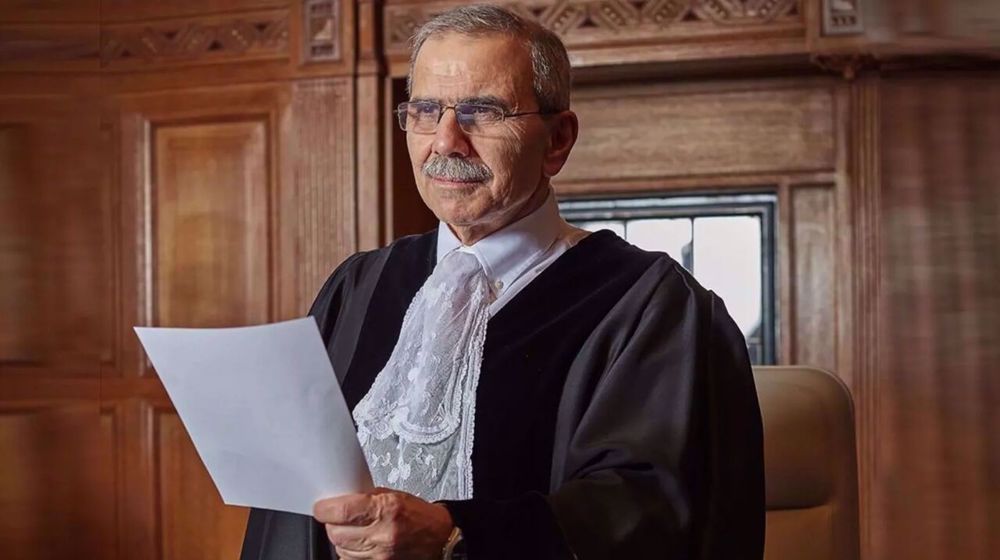
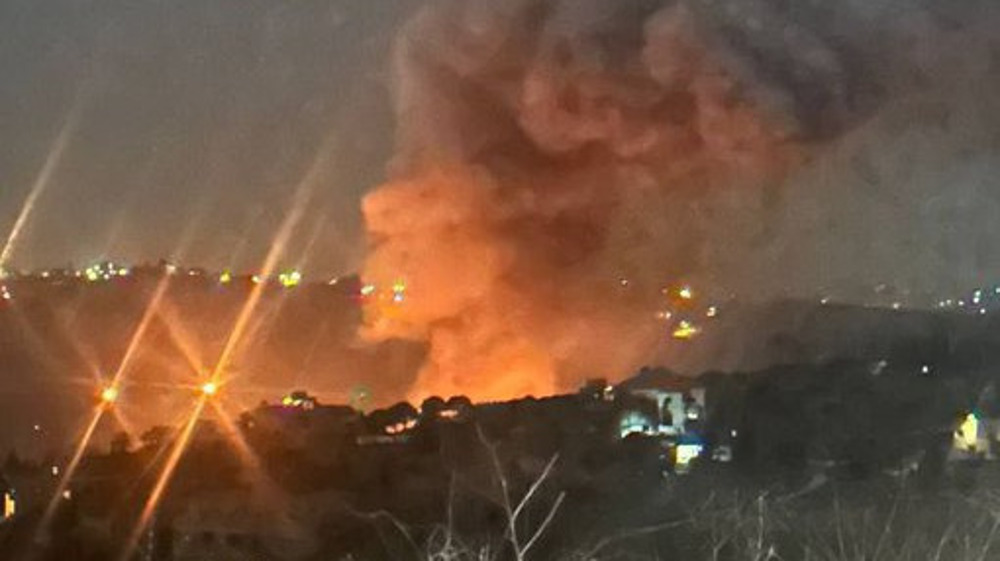
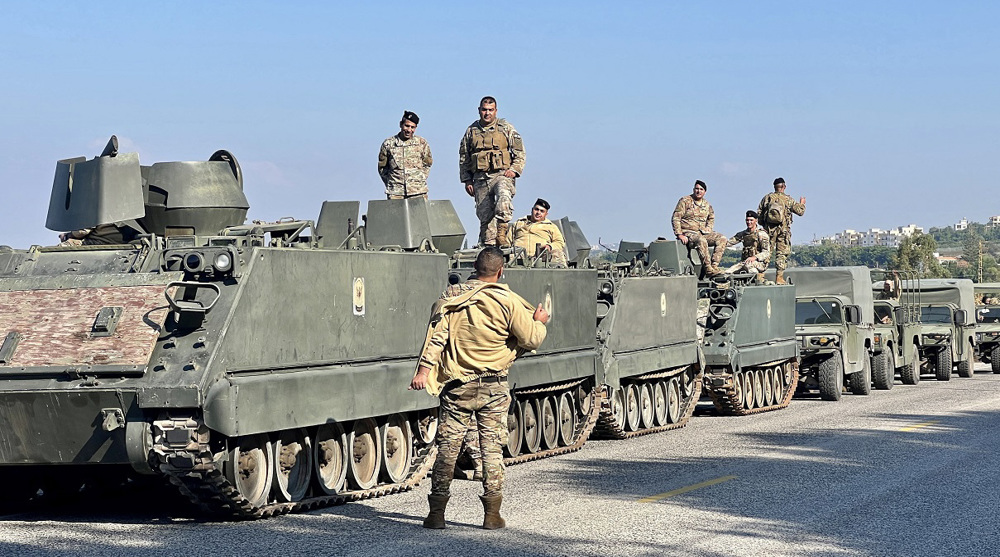





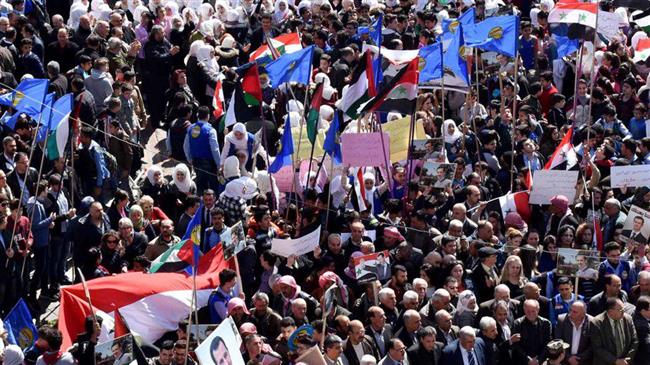
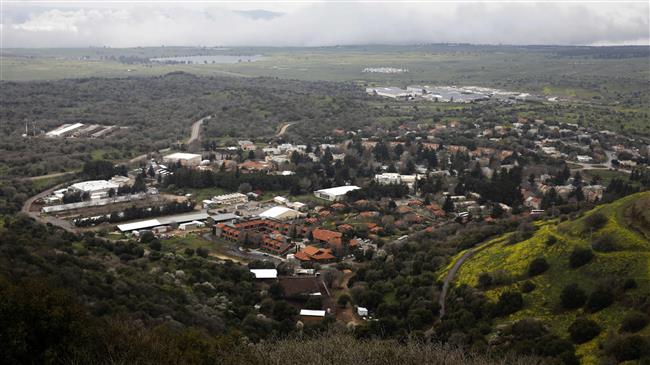


 This makes it easy to access the Press TV website
This makes it easy to access the Press TV website